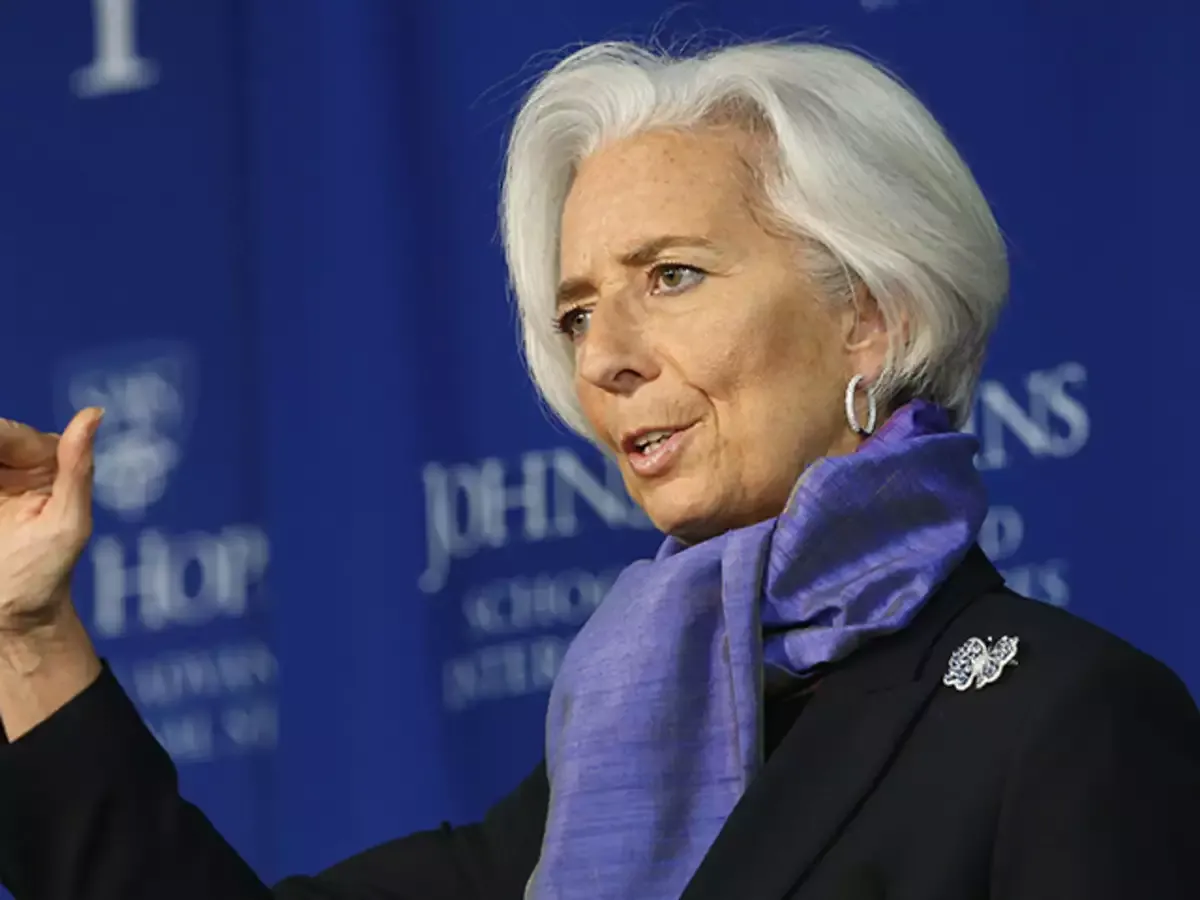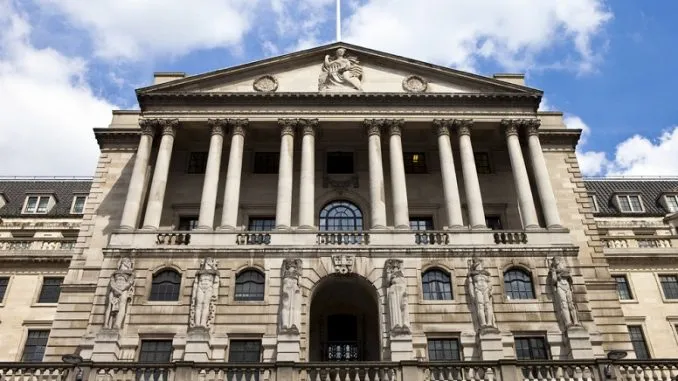
Bitcoin and other cryptocurrencies are changing the financial world. Christine Lagarde responded to this phenomenon in her speech in Singapore. The Director-General of the International Monetary Fund discussed ways in which the IMF could respond to digital transformation.
Christine Lagarde made a conciliatory tone last year when it came to rating Bitcoin and other cryptocurrencies. It was above all the pressure on central banks, which can emanate from cryptocurrencies, which Lagarde emphasized. The head of the International Monetary Fund also highlighted the opportunities that cryptocurrencies can offer to economically depressed countries – we reported. In her recent speech, she suggested using these benefits – for a digital central bank money.

The Wind Of Digitization
So Christine Lagarde reiterated the change that digital currencies like Bitcoin, Ethereum and Ripple bring to the world. In that sense, she even spoke of a wind of digitization, which wreaks through the world:
“A new wind is blowing, that of digitization. In this new world, we meet everywhere, anytime. The marketplace is back – virtually on our smartphones. We exchange information, services, even emojis, directly …. Peer to peer, person to person."
And all this wind, at least to a large extent, comes from the changing financial technology. Lagarde continues:
“We are moving through a world of information where data is the ‘new gold’ despite growing privacy and cybersecurity concerns. A world in which Millennial reinvent the functioning of our economy; with the phone in hand. And that’s the key to everything: the money itself is changing. We expect it to be more convenient and user-friendly, while perhaps it looks a lot less dubious."
Cash Vs Bitcoin
Finally, in this world, cash loses its meaning:
“What role will cash play in this digital world? Already you can see signs in the shop windows, which say: ‘Cash not accepted’. […] Who exchanges paper in ten, twenty or thirty years? […] Even cryptocurrencies like Bitcoin, Ethereum and Ripple are competing for a place in the cashless world and constantly reinventing themselves, hoping to offer more stable value and faster and cheaper settlement."

The Role Of Central Banks
But Christine Lagarde does not trust peace so much. It remains true to its 2017 rationale: while cryptocurrencies offer their benefits, the technology is not yet fully developed. So pure faith in technology is not enough, you need a central publisher.
“Cryptocurrencies, for their part, try to anchor confidence in technology. As long as they are transparent – and you yourself are technically savvy – you can trust their services. Nevertheless, I’m not entirely convinced. Proper regulation of these units will remain a pillar of trust."
So what is the solution that the IMF boss suggests? A central body that regulates Bitcoin. Can not exist. Therefore, Lagarde is considering the possibility of attempting to issue cryptocurrencies by central banks:
“In my opinion, we should consider the possibility of issuing digital currencies. There may be a role for the state in providing money for the digital economy. This currency could meet public policy objectives such as financial inclusion, security and consumer protection and provide the private sector with what it can not do: data protection in payments."
New IMF Paper Discusses The Role Of Bitcoin
In the end, Lagarde uses the new IMF paper to discuss the advantages and disadvantages of central banks’ cryptocurrencies. It says:
“Cryptocurrencies differ in many dimensions and have difficulty meeting the currency requirements, in part because of their unpredictable valuation. Examples are Bitcoin, Ethereum and Ripple. These currencies are not subject to the liability of an institution and are not hedged by assets. Their value is usually volatile, as most of them have rigid emission rules."
Both Lagarde and the paper of the IMF conclude that digital central bank money will surely come.

What Awaits Us
Well, this will not change for Bitcoin users. It will take some time until the turnaround comes. Until then, it will be interesting to see if cryptocurrencies can ultimately emerge as an alternative in their development. Ultimately, this will be a digital representation of the current system. Prof. Dr. Fabian Schär from the University of Basel, author of a paper, on the subject:
“Electronic central bank money will come and I generally welcome this development. But you should be aware that these are not cryptocurrencies in the true sense. All projects that I know use essentially a centralized database and restrict access to some extent to a non-negligible extent."
Centralized Central Bank Money
The digital form of centrally issued money is ultimately the counterpart to a decentralized monetary system like Bitcoin. The IMF is therefore trying to exploit the benefits of cryptocurrencies while continuing the existing system.
What are your thoughts? Comment below.
Make Sure To Follow Us On
Steemit- https://steemit.com/@thecoinowl
Instagram- https://www.instagram.com/thecoinowl/
Twitter- https://twitter.com/_OvO_TheCoinOwl?lang=en
Facebook- https://www.facebook.com/TheCoinOwl/